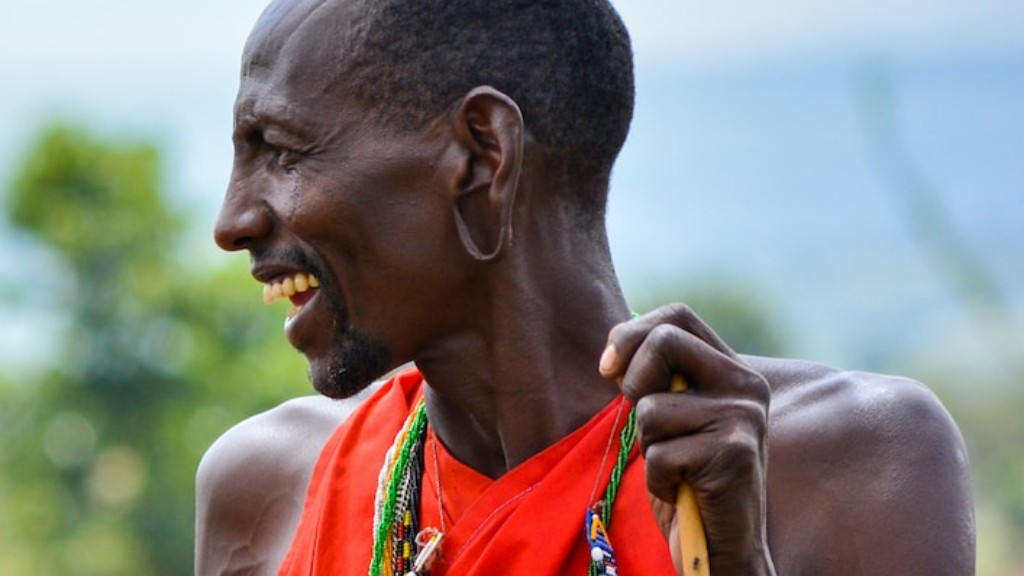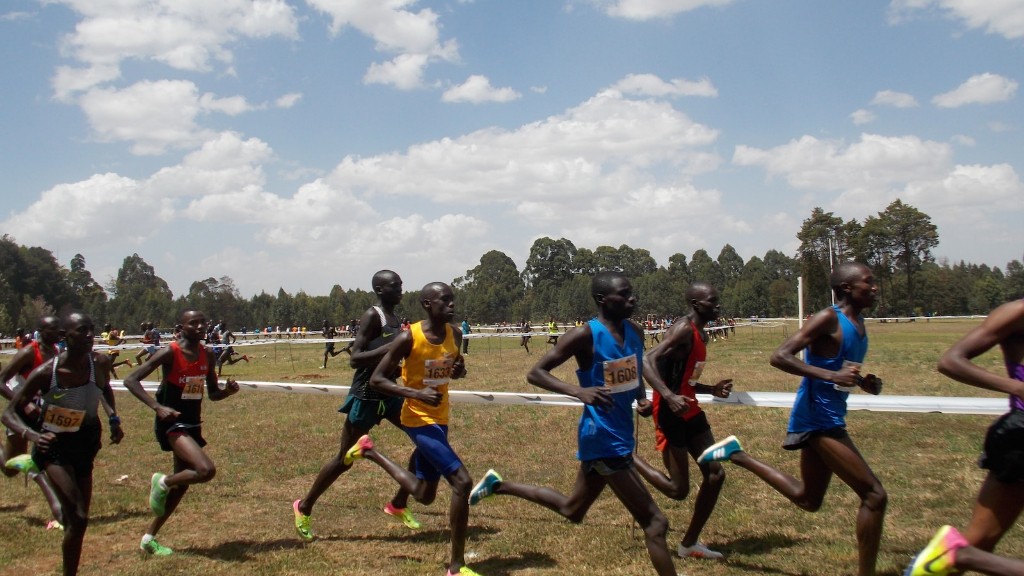Bodi Tribe and Their Unique African Culture
The Bodi tribe, also known as the Me’en people, is an indigenous community residing in the remote Omo Valley in Ethiopia. Their culture, customs, and way of life have fascinated anthropologists, researchers, and explorers for decades. With their distinct rituals, traditions, and beliefs, the Bodi tribe offers a captivating glimpse into the rich cultural diversity that Africa has to offer.
According to experts, the Bodi tribe has a population of around 35,000 individuals. They primarily rely on agropastoralism for their livelihood, with cattle being central to every aspect of their lives. Cattle play a crucial role in their religious ceremonies, social status, and economic activities. The tribe also practices subsistence farming, cultivating crops like sorghum, maize, and tobacco.
One notable aspect of the Bodi tribe’s culture is their unique body modification practices. They are known for their ritual known as “Ka’el,” where young men participate in a contest to gain weight within a specific timeframe. This contest aims to identify the most attractive and desirable men in the tribe. The competitors consume a mixture of blood and milk, followed by weeks of isolation, rest, and limited physical activity, allowing them to gain substantial weight during the process.
Additionally, the Bodi tribe celebrates an annual festival called the “Bull Jumping Ceremony.” This ceremony marks the coming-of-age for young men and is a significant event for the entire community. The initiates, clad in body paint and adorned with various accessories, run across the backs of several bulls lined up beside each other. This daring act showcases their courage and strength while demonstrating their readiness for adult responsibilities and marriage.
From a cultural perspective, the Bodi tribe places a strong emphasis on community cohesion and cooperation. They have a communal lifestyle where decisions are made collectively, and everyone contributes to the well-being of the community. The tribe’s social structure is patriarchal, with men holding leadership positions and representing their families in various settings.
The Significance of Bodi Tribe’s Culture
The Bodi tribe’s culture holds immense value not only within their community but also in promoting cultural diversity worldwide. Their unique traditions and practices provide an opportunity for outsiders to appreciate the beauty of African cultures and challenge their preconceived notions. The Bodi people’s close connection with nature and their sustainable lifestyle offer valuable lessons in environmental stewardship.
Challenges Faced by the Bodi Tribe
While the Bodi tribe’s culture is remarkable, it also faces various challenges in the modern world. Globalization, encroachment on their ancestral lands, and influences from outside societies pose significant threats to their way of life. Additionally, climate change and unpredictable weather patterns impact their agricultural practices, affecting their food security and overall well-being.
Preserving the Bodi Tribe’s Cultural Heritage
Efforts are underway to preserve and protect the Bodi tribe’s cultural heritage. The Ethiopian government, in collaboration with local and international organizations, has implemented initiatives to safeguard their ancestral lands, promote sustainable agriculture, and raise awareness about their customs. Tourism also plays a role in supporting the tribe economically while respecting their cultural boundaries.
Conclusion
The Bodi tribe’s culture is a captivating tapestry woven with unique traditions, body modification rituals, and strong community bonds. Their way of life serves as a reflection of Africa’s diverse cultural heritage and provides valuable insights into sustainable living. Through continued preservation efforts, the Bodi tribe’s rich customs and practices can continue to thrive, inspiring generations to come.


